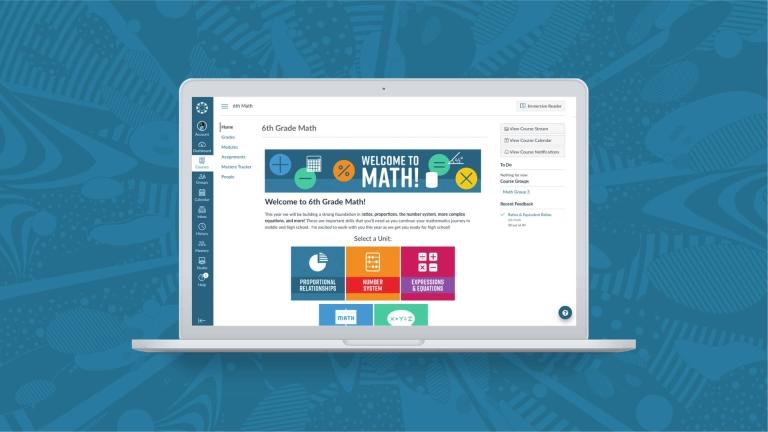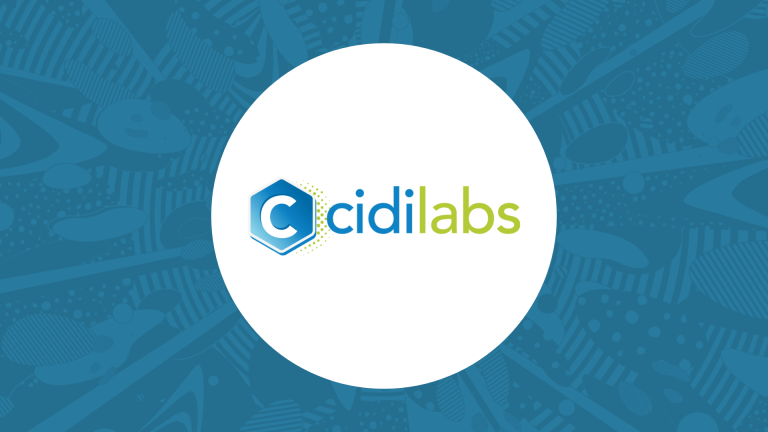
As the educational environment evolves, institutions are noticing a shift in who makes up the student population. There is a steady increase in both non-traditional students* and working professionals looking to earn a degree or certificate for advancement opportunities. To better support non-traditional students and lifelong learners, institutions are building skills-based and continuing education programs.
Higher education is expanding its course offerings to support the new student populations pursuing academia. With Canvas Catalog, learners can browse and access program offerings, finding courses that fit their academic goals. Learn more about how Canvas Catalog is being used to support diverse learning populations, meeting learners where they are.
*Review NCES classification of non-traditional students and see projections for the 2026 student population.
Providing Non-traditional Students Opportunities to Succeed
To prioritize the needs of all learners, institutions are ensuring flexible and accessible programs for everyone. This comes after a noticeable increase in non-traditional learners and a shift towards a lifelong learner mentality - a change that has also impacted learning modalities and materials. Instructional methods such as hyflex teaching and student-centric learning focus on the student, giving non-traditional students flexible and equitable learning opportunities.
Non-traditional students don't fit the traditional learning paths and need opportunities to support their unique situations. With Canvas Catalog, students can pursue the best path for themselves, choosing between singular courses, a certificate, or a degree.
Learn more about supporting non-traditional students and allowing them to easily register for courses with a couple of clicks.
Using Catalog For Employee Upskilling and Reskilling
Employers are also affected by this learning evolution, seeing the need to invest in their employees. Through retraining and offering skill-building opportunities, employers can retain employees and increase their skill set. In some instances, employers and higher-education institutions are working together to provide employees with academic opportunities, furthering the employee's career advancement.
Employees can choose to either upskill or reskill within their organizations. Upskilling expands the employees' skill set, assisting in the linear ascension of the organization. Reskilling builds new skills in another set of competencies, supporting lateral movement within the company. Both provide opportunities for employees to advance and maintain a competitive edge.
Corporations can use Canvas Catalog to offer career development and training while monitoring employee progress.
Read more on how to effectively upskill and reskill employees.
Faculty Training and Professional Development
Similar to corporate employers investing in employees, learning institutions are also focused on training faculty. Institutions understand that skilled faculty leads to student success. Therefore professional development is needed to highlight the latest instructional pedagogy and cultivate community. To keep educators knowledgeable and up-to-date professional development courses are offered through the Catalog, accessible through both synchronous and asynchronous modalities.
Learn more about engaging faculty with professional development.
Promote Skills-based Courses with Canvas Catalog
Canvas Catalog is a branded and customizable marketplace where institutions can showcase their program offerings. Acting as a storefront, students, professionals, and faculty can access skills-based courses that fit their academic and career interests. For further specificity, courses can be organized by department, organization, or team. See how to get started with Canvas Catalog.
Starting a new course is simple; learners can browse offerings, register for courses and arrange payment all in one place. Students can register for one course at a time or for an entire program depending on how the institution sets up its storefront. For transparency, course descriptions, course prices, credit hours, and start dates are displayed, giving learners the information they need to make thoughtful decisions.
After course completion, some courses award certificates or add credits towards a program. Learners can also track progress and access transcripts in their student dashboards. From start to finish, Canvas Catalog provides a simplified way to continuing education through skills-based courses.
View Canvas LMS + Canvas Catalog Case Studies:
- University of Kentucky: Making Learning Accessible Beyond Campus
- Coastal Alabama Community College: Bridging the Gap Between Classrooms & Careers
- Ontario Tech University: Re-imagining Learning with Canvas LMS and Catalog
Supporting All Learners with Canvas Catalog
Set up non-traditional students and professional lifelong learners for success by providing skills-based learning opportunities. To learn more, check out our Canvas Catalog Guide.
Related Content
 Teaching-With-Tech-10-Benefits.jpg
Teaching-With-Tech-10-Benefits.jpgBlogs
 cidilabs.png
cidilabs.pngBlogs
 canvas_x_tg_logo_lockup_780_x_520.png
canvas_x_tg_logo_lockup_780_x_520.pngBlogs
